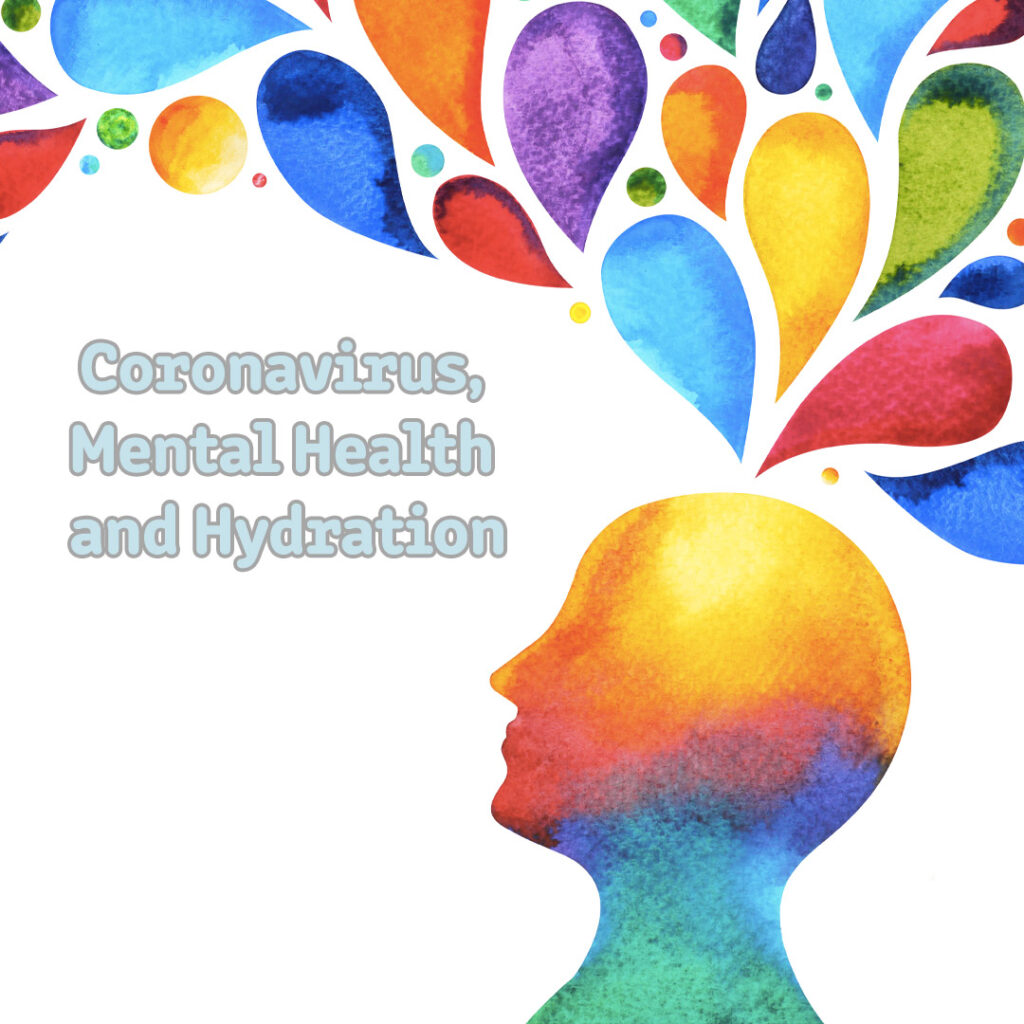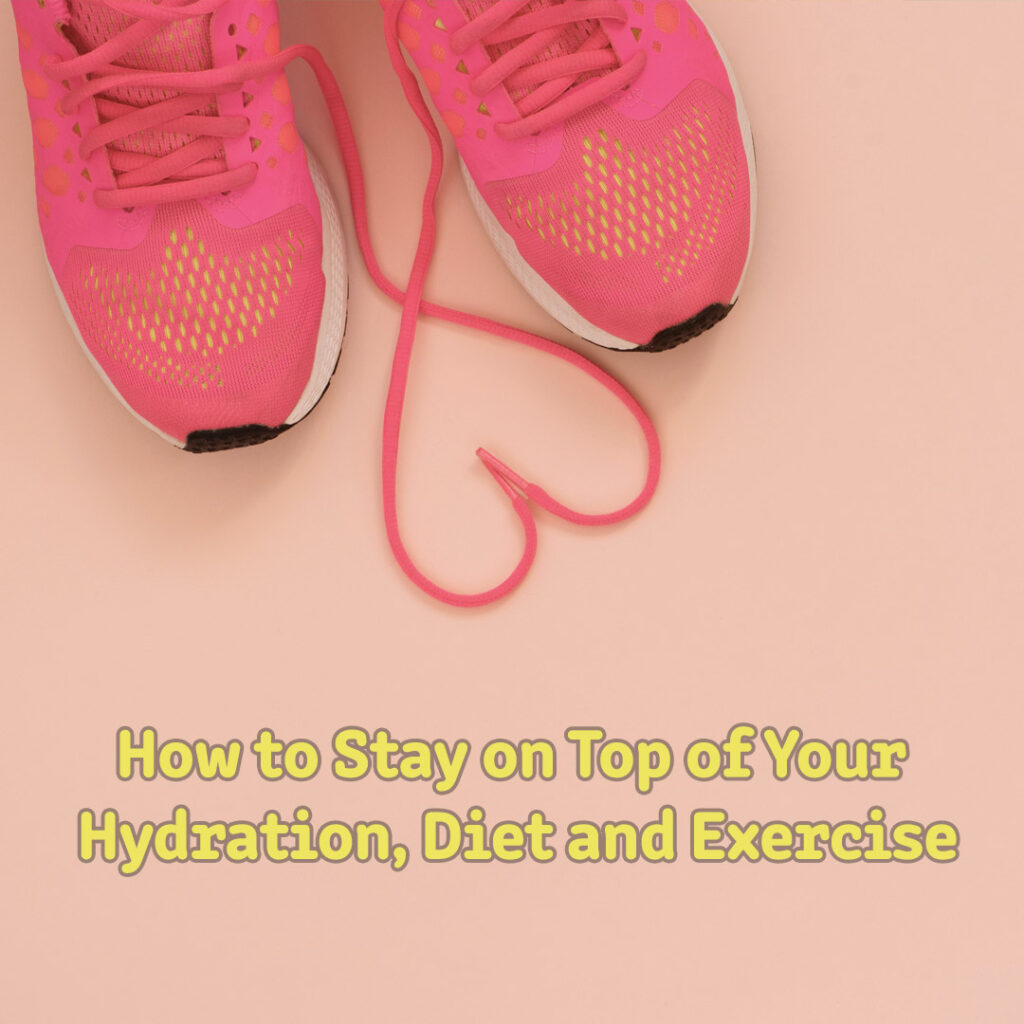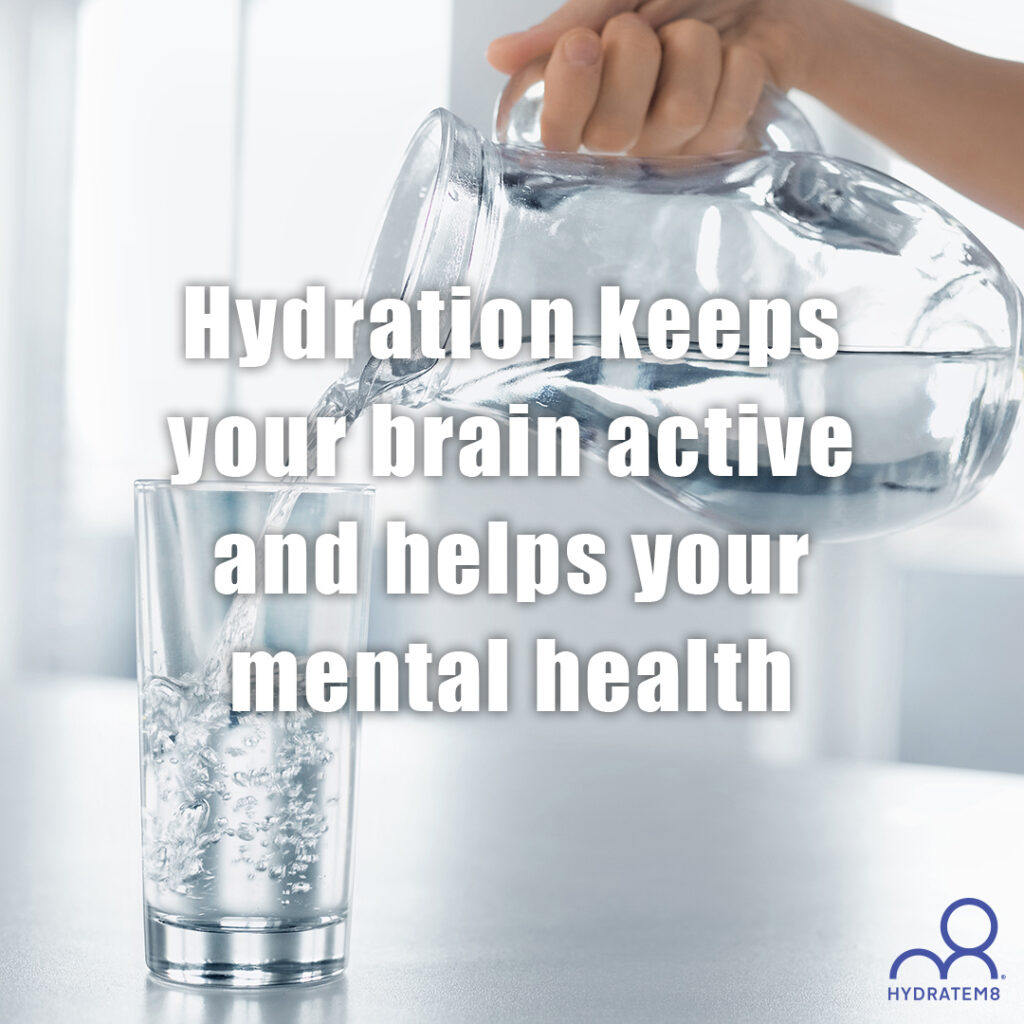Staying hydrated when you are ill
No one enjoys being ill, especially when it interrupts your daily activities like going to work, school even the gym. However, there are some things that you need to carry on with even if you’re feeling under the weather, including staying hydrated.
What is dehydration?
Illnesses like vomiting, diarrhoea, flu even the common cold can increase your risk of dehydration, a condition where your body loses more water than it takes in, and also has negative consequences for your health.
Feeling unwell might not make you feel thirsty or even hungry but keeping the balance right is essential. Flu, for example, causes many symptoms which can affect the water balance in your body. That’s because you may experience a fever, a change in your body temperature, which also increases your metabolism. An increased metabolism can make you breathe faster which means you lose more moisture and your body, in general, may lose more water due to sweating, urinating and all sorts of other ways your body loses water!
The importance of staying hydrated
Water is essential for your health and maintains the systems in the body. Organs such as your heart, brain and muscles are reliant on water to keep functioning. That’s because water keeps your blood oxygenated and keeps your cells well pumped up, without water they can shrivel up, affecting their function. You can see signs of this if you have dry lips or skin because these cells have lost their water making them scaly.
If your cells are well hydrated, they are full of oxygen and your muscles and tissues can work at their best. Plus, water keeps your immune system working properly so you can fight off infections.
Your immune system produces a fluid called lymph, which like blood, travels around the body but instead of transporting nutrients and blood cells, it collects up bacteria. These microbes could potentially cause you harm, so lymph takes it to your lymph nodes where the bacteria can be destroyed. To work properly though, this system needs water.
The symptoms of dehydration
The symptoms of dehydration include:
- Feeling thirsty
- Feeling tired or fatigued
- Dry mouth, lips, skin and eyes
- Peeing less than usual (less than 4 times per day)
- Dark, strong-smelling pee
How to keep hydrated if you’re unwell
Feeling ill can put you at greater risk of becoming dehydrated, particularly because you may lose your appetite or not feel like drinking. For example, if you have sickness bug it’s natural to be fearful of eating or drinking just for the fact you may bring it back up. On the other hand, if you have a cold or flu, your muscles may ache or you might just want to sleep, so staying on top of your nutrition may not be the first thing on your mind.
However, even just small sips of water throughout the day can help to keep your fluid levels up and may even make you feel better.
Here are some of our tips to help you to stay hydrated if you’re under the weather:
- Sucking on ice pops may help to soothe sore throats and at the same time ensure water is getting into your body. Try making your own rather than high sugar shop-bought versions
- Eating foods like soup, melon, strawberries which are all full of water can help to keep you hydrated
- If you’re feeling stuffy and want a hot drink but can’t face a tea or coffee, try hot water with lemon and honey.
- If you’re being sick it might help to take small sips of water from a spoon
- If you’re unwell, don’t share drinking glasses as this may spread the illness and throw away used tissues by double bagging them before putting them in the bin. And don’t forget to wash your hands for at least 20 seconds.
Our hydration tracker bottles can help you to visually see your water intake throughout the day, even if you can’t meet the targets when you are unwell it will help you to see how much water you’re taking in.
Sources
Edwards, A, M and Noakes, T, D. (2009). Dehydration: Cause of Fatigue or Sign of Pacing in Elite Soccer? Sports Med: 39(1), pp 1-13.
National Health Service. (2019). Dehydration. Available at: https://www.nhs.uk/conditions/dehydration/
Popkin, B, M., D’ Anci, K, E and Rosenberg, I, H. (2011). Water, Hydration and Health. Nutr Rev: 68(8), pp 439-458.













